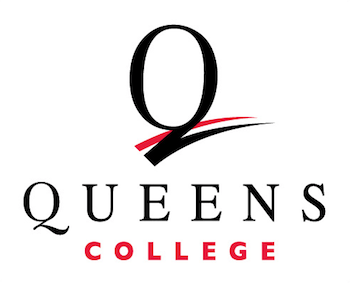The time period of music that was assigned to me was Baroque (ca. 1600-1750). What drew my attention the most about this time period was how important it was to the growth of England, and a bunch of Italian city-states. The Baroque period was when England first started to separate itself from religion and from the church. The people wanted to learn new things, and this became the famous time period that we know as the Renaissance. But during the baroque, many can say was when people started preparing for the shift the age of the Renaissance would cause. The baroque is a time period that many overlook, I know this because the Renaissance holds such great importance in the whole outcome of Europe. If it wasn’t for philosophers in the baroque time period religious conflicts would’ve never erupted. Without conflict, the people would’ve never wanted a change in the lifestyle they were used to. The reading packet describes music from this time period as a romantic expression. During this time period the music we know today as opera, oratorio, cantata, Concerto, fugue, Sonata, and suite were discovered. Another big accomplishment from this time period was the creation of songs for a solo voice, before this time period typically instrumental or acapella. In this time period music began to change from being strictly for the church and about religion to about emotions. From the reading packet, I choose to listen to Jean Baptiste Lully’s music because it caught my eye that he was a composer who dominated music in the court of Louis XIV. After listening to his song “Miserere” from 1664 the music reminds me of opera music without strong vocal power. From the reading, his song is something I expected music from this time period to sound like because it sounds sad while also sounding powerful. This supports the idea that the baroque time period was just the start of the Renaissance. The sadness in the song shows how Europe was before they became educated with ideas outside of the church’s beliefs, while the powerful parts of the song shows how they are ready for new ideas.
Library OneSearch
Enter your search term and click Search to find an item in the CUNY catalog.
| M | T | W | T | F | S | S |
|---|---|---|---|---|---|---|
| 1 | ||||||
| 2 | 3 | 4 | 5 | 6 | 7 | 8 |
| 9 | 10 | 11 | 12 | 13 | 14 | 15 |
| 16 | 17 | 18 | 19 | 20 | 21 | 22 |
| 23 | 24 | 25 | 26 | 27 | 28 | 29 |
| 30 | ||||||
This course includes Open Educational Resources (OER), which are entirely cost-free and accessible online. Developed in the Open Knowledge Fellowship at The Graduate Center's Mina Rees Library, this work is made possible by state grant funding through the Office of Library Services.

Except where otherwise noted, content on this site is licensed under a Creative Commons Attribution-NonCommercial-ShareAlike 4.0 International license.


